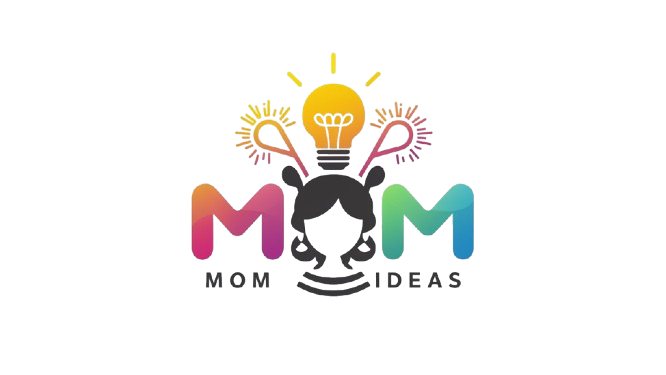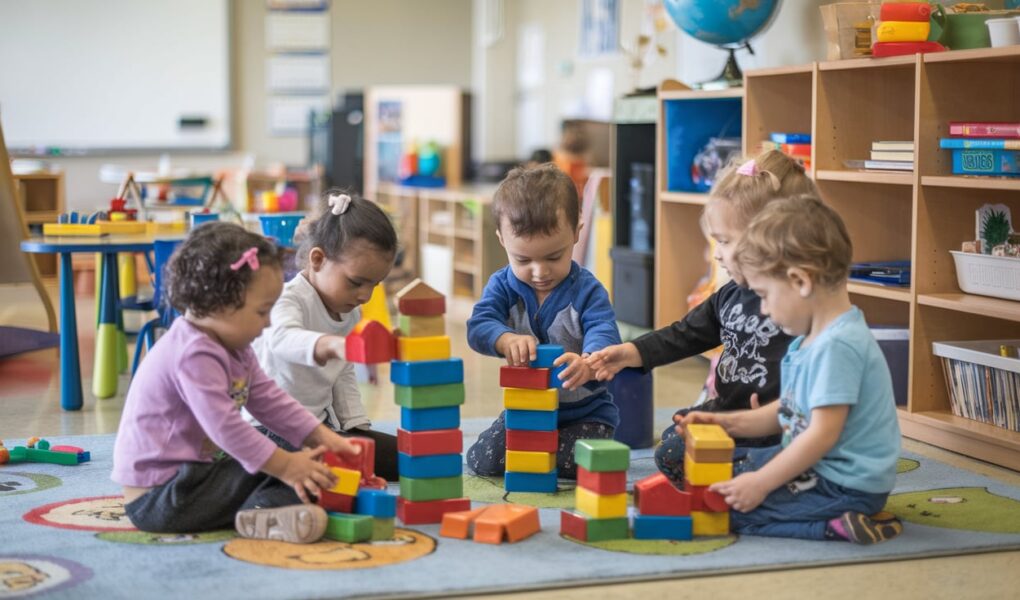Early childhood education plays a critical role in a child’s development. For children with developmental disabilities, the right support can make all the difference. The Franklin County Board of Developmental Disabilities (FCBDD) offers early childhood education programs tailored to help children build a strong foundation for lifelong success.
FCBDD Early Childhood Education
The Franklin County Board of Developmental Disabilities (FCBDD) focuses on providing services for individuals with developmental disabilities. Their early childhood education programs target children from birth to age five, offering essential educational and therapeutic services.
These programs are designed to meet the individual needs of each child, supporting cognitive, emotional, social, and physical development. With an emphasis on early intervention, FCBDD ensures that children receive the necessary resources and attention during the critical early years of growth.
Why Early Childhood Education Matters
The first five years of a child’s life are crucial for brain development. During this period, children form important cognitive and social skills. For children with developmental delays or disabilities, early education can be life-changing. It helps them build the foundation needed for future learning and social interaction.
Early childhood education allows children to develop motor skills, language abilities, emotional regulation, and social connections. FCBDD’s specialized approach ensures that children with unique challenges are equipped with the skills to succeed in school and beyond.
Individualized Support for Children
FCBDD recognizes that each child is different. They provide individualized support to ensure that every child receives the attention they need. This personalized approach allows children to learn at their own pace while addressing specific developmental challenges.
Children enrolled in FCBDD early childhood education programs benefit from a team of professionals, including teachers, therapists, and developmental specialists. These experts work together to create a personalized plan that promotes growth in all developmental areas.
Key Components of FCBDD Early Childhood Programs
The early childhood programs offered by FCBDD incorporate several key components that contribute to a child’s overall development:
- Early Intervention
Early intervention identifies developmental delays and provides targeted therapies to address them. By working on challenges early, children can improve in key areas before they start school. - Therapies
FCBDD offers a range of therapies, including speech therapy, occupational therapy, and physical therapy. These services help children develop communication skills, improve motor function, and gain independence. - Parental Involvement
FCBDD strongly encourages parental involvement. Parents are a child’s first teachers, and their participation is vital to the success of the program. FCBDD provides guidance and resources to empower parents to support their child’s development at home. - Inclusive Learning Environment
FCBDD promotes inclusive education, ensuring that children with developmental disabilities learn alongside their peers. This model helps foster social skills and promotes understanding and acceptance from an early age. - Social and Emotional Development
The program focuses on helping children develop social and emotional skills. Children learn how to interact with others, manage their emotions, and build relationships, all of which are essential for lifelong success.
The Role of Early Intervention
Early intervention is one of the most critical aspects of FCBDD’s early childhood education programs. When developmental delays are identified early, targeted therapies can address these issues before they become significant obstacles to learning.
Children who receive early intervention often show improved cognitive, social, and physical development. Early intervention helps children build confidence and self-reliance, setting the stage for success in school and beyond.
Specialized Therapies for Developmental Growth
Children with developmental disabilities often require specialized therapies to enhance their learning and development. FCBDD’s early childhood education programs offer a range of therapies tailored to each child’s unique needs.
- Speech Therapy:
Speech and language delays are common in children with developmental disabilities. Speech therapy helps children improve communication skills, allowing them to express their needs and interact with others. - Occupational Therapy:
Occupational therapy helps children develop fine motor skills, improve hand-eye coordination, and gain independence in daily tasks. These skills are essential for academic success and personal growth. - Physical Therapy:
Physical therapy focuses on improving a child’s gross motor skills, including balance, coordination, and strength. This therapy is especially important for children with physical disabilities or delays in motor development.
By providing these therapies early, FCBDD ensures that children are better prepared to meet the demands of school and daily life.
Creating an Inclusive Learning Environment
Inclusion is a fundamental principle in FCBDD’s approach to early childhood education. An inclusive learning environment allows children with developmental disabilities to learn and play alongside their peers, promoting diversity and acceptance from a young age.
This environment benefits all children, not just those with disabilities. It fosters empathy, understanding, and collaboration among children of all abilities. FCBDD works to create classrooms that accommodate the needs of all students, ensuring that every child has the opportunity to succeed.
The Importance of Social and Emotional Development
While cognitive and physical development are essential, social and emotional growth is equally important. FCBDD’s early childhood programs emphasize the development of emotional regulation, social interaction, and relationship-building skills.
Children learn how to manage their emotions, communicate with others, and develop friendships. These skills are critical for long-term success, both in school and in life. By nurturing social and emotional development, FCBDD helps children build the confidence and resilience they need to thrive.
The Role of Parents in Early Childhood Education
Parents play a vital role in their child’s education, especially in the early years. FCBDD actively involves parents in their early childhood education programs. Parents are encouraged to participate in their child’s learning, both in the classroom and at home.
FCBDD provides parents with the tools and resources they need to support their child’s development. This partnership between parents and educators ensures that children receive consistent support, helping them reach their full potential.
Preparing Children for Kindergarten and Beyond
FCBDD’s early childhood education programs are designed to prepare children for kindergarten and beyond. By focusing on early intervention, individualized support, and inclusive learning, FCBDD helps children develop the skills they need to succeed in school.
Children who participate in these programs enter kindergarten with a strong foundation in cognitive, social, and emotional skills. This foundation sets the stage for continued academic and personal success throughout their lives.
Success Stories: How FCBDD Changes Lives
Many children who have participated in FCBDD’s early childhood education programs have gone on to achieve significant success in school and life. These success stories demonstrate the profound impact that early intervention and specialized support can have on a child’s development.
For example, children who struggled with communication delays have developed strong language skills through speech therapy. Others who faced challenges with motor coordination have gained independence through occupational and physical therapy.
These success stories highlight the importance of FCBDD’s work and the difference it makes in the lives of children and families.
Long-Term Benefits of Early Childhood Education
The benefits of early childhood education extend far beyond the early years. Children who receive early intervention and support are more likely to succeed academically, socially, and emotionally.
Research has shown that early childhood education leads to improved outcomes in areas such as literacy, numeracy, and problem-solving. Additionally, children who participate in these programs are more likely to graduate from high school, pursue higher education, and secure stable employment.
By investing in early childhood education, FCBDD is helping to create a brighter future for children with developmental disabilities.
Conclusion
FCBDD’s early childhood education programs are essential for preparing children with developmental disabilities for lifelong success. By providing early intervention, individualized support, specialized therapies, and an inclusive learning environment, FCBDD ensures that every child has the opportunity to thrive.
Parents, educators, and therapists work together to support the child’s development, creating a strong foundation for future growth. The long-term benefits of early childhood education are undeniable, and FCBDD’s programs are making a significant difference in the lives of children and families in Franklin County.
With the right support, children with developmental disabilities can overcome challenges and reach their full potential. FCBDD’s early childhood education programs are key to helping children build a brighter, more successful future.




